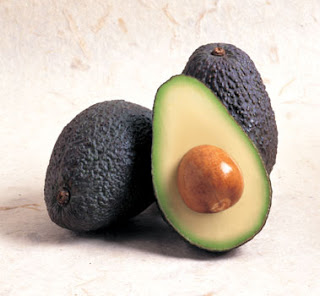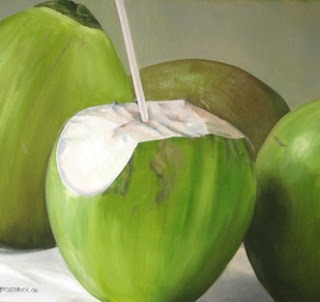All of us know by now that good nutrition results in better health, fewer infections, more endurance and stamina. We improve physically when our diet is adequate in vitamins, enzymes and minerals. Can diet have any effect on mental health and mental processes? Yes, of course! The nerves and the brain cells are affected by that same good diet that assures us of healthy skin, teeth, and eyes.
The process of learning is complex indeed. In spite of hundred of years of devoted and learned study, we still do not understand fully what biological, chemical, nervous, mental, or electrical processes go on in the human body when we are learning something. But something in the Vitamin B Complex appeared to make this process easier and faster.
Learning is, at least in part, conditioned by the presence or absence of a particular food constituent. There is a certain nutritional state of the nervous system which must be realized for the effective realization by the learner of the teaching one receives.
All public or private schools all over the world must aim to turn out a complete, mature, and self-sufficient personality to their students before going out in service in whatever choice of field they are in. They must not be concern only in instilling facts into their brains but with study, athletic and recreational facilities to develop them with.
Our apathy about diet problems and the food manufacturing companies must be blamed, whose advertisements convinced almost everybody that their food is everything it should be, when in fact they are doing a great disservice to the public; the white sugar and refined cereals and their products – worthless as food and potentially dangerous, for their assimilation by the body uses up precious stores of vitamins and minerals which are replaced by our diet.
We must have proteins, carbohydrates, and fats that we should eat fruits and vegetables that children should drink milk, and astonishing results could be obtained over a period of years, feeding, ample amounts of all supplements and vitamins.
Our apathy about diet problems and the food manufacturing companies must be blamed, whose advertisements convinced almost everybody that their food is everything it should be, when in fact they are doing a great disservice to the public; the white sugar and refined cereals and their products – worthless as food and potentially dangerous, for their assimilation by the body uses up precious stores of vitamins and minerals which are replaced by our diet.
We must have proteins, carbohydrates, and fats that we should eat fruits and vegetables that children should drink milk, and astonishing results could be obtained over a period of years, feeding, ample amounts of all supplements and vitamins.
We have the responsibility of keeping before others (men, women, and children) the facts that are not well-known about nutrition.
Read More: http://healthmad.com/nutrition/capability-to-learn-enhanced-more-by-thiamin/








